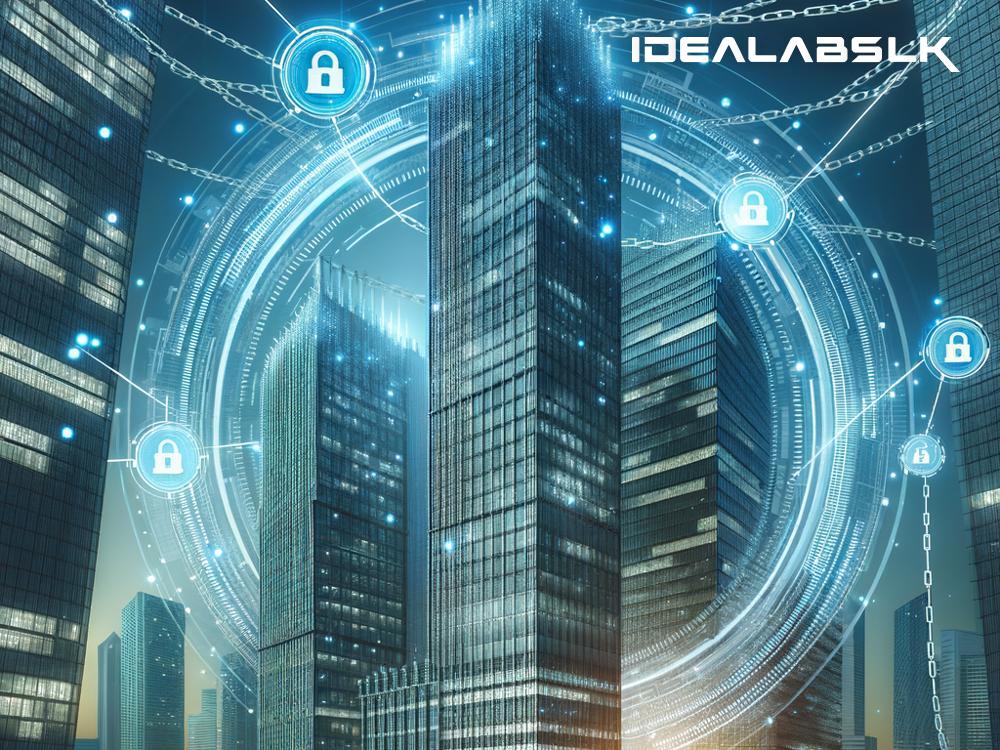Unlocking the Future: How Blockchain is Transforming Global Real Estate Transactions
In a world where technology is constantly reshaping our lives, one of the most exciting innovations transforming how we buy and sell property across the globe is blockchain. Yes, the same technology that powers cryptocurrencies like Bitcoin is now making waves in the real estate industry, promising a future where transactions are faster, more secure, and less cumbersome.
So, what exactly is blockchain, and how is it revolutionizing the global real estate market? Let's dive in and explore this fascinating development in simple terms.
What is Blockchain?
At its core, blockchain is a type of database, but it's quite different from the databases we use in our everyday applications. Imagine it as a digital ledger that is completely decentralized. This means that instead of being stored in one single location, the ledger is spread across a network of computers, making it highly secure and nearly impossible to hack.
Every transaction on a blockchain is recorded with an unchangeable cryptographic signature called a hash. This mechanism ensures complete transparency and trust, as every transaction is verifiable and cannot be altered once recorded.
Transforming Real Estate Transactions
The global real estate market, though vast and valuable, is known for its complexities, paperwork, and often, inefficiencies. Here's how blockchain technology is paving the way for a smoother, more trustworthy process:
-
Smart Contracts: These are self-executing contracts with the terms of the agreement directly written into lines of code. In real estate, smart contracts can automate and enforce the terms of sale when conditions are met, such as releasing funds to the seller once the buyer confirms receipt of property deeds. This significantly reduces the need for intermediaries, which can lower transaction costs and speed up the process.
-
Transparency and Security: Since every transaction on a blockchain is recorded and immutable, all parties involved can have a clear view of the transaction history. This transparency reduces the chances of fraud and disputes. Moreover, the security features of blockchain ensure that sensitive information remains safe from unauthorized access.
-
Tokenization of Real Estate: Imagine owning a piece of a property like you would own shares in a company. Blockchain makes this possible through tokenization, where the value of a real estate asset is converted into digital tokens that can be easily bought, sold, or exchanged. This opens up investment opportunities to a wider audience, as even smaller investors can now participate in real estate transactions they were previously excluded from due to high entry barriers.
-
Streamlining due diligence and financing processes: The due diligence process in real estate transactions, which involves verifying the legal status and condition of the property, can be lengthy and complex. Blockchain can streamline this process by providing a transparent and easily accessible record of property history, simplifying the verification process. Similarly, by facilitating smart contracts and tokenization, blockchain can also simplify and expedite the financing process, making it easier for buyers to secure funds and complete transactions.
The Road Ahead
While the potential of blockchain in global real estate transactions is vast, the adoption of this technology is still in its early stages. There are technical, regulatory, and practical challenges to overcome, including issues related to the integration of blockchain with existing legal and property registration systems.
However, the benefits of blockchain in enhancing transparency, security, and efficiency in real estate transactions are undeniable. As technology continues to evolve and stakeholders in the real estate market become more familiar with its advantages, we can expect to see more widespread adoption of blockchain in the years to come.
The journey of integrating blockchain into global real estate transactions is just beginning, but it's clear that it holds the key to a more streamlined, secure, and inclusive real estate market. The future of buying and selling property looks brighter than ever, thanks to the transformative power of blockchain technology.
The intersection of blockchain and real estate marks the beginning of a new era in property transactions, one where the process is not only faster and more cost-effective but also accessible to a global audience. As we continue to navigate this exciting territory, the promise of a revolutionized real estate landscape seems not just possible, but inevitable.

